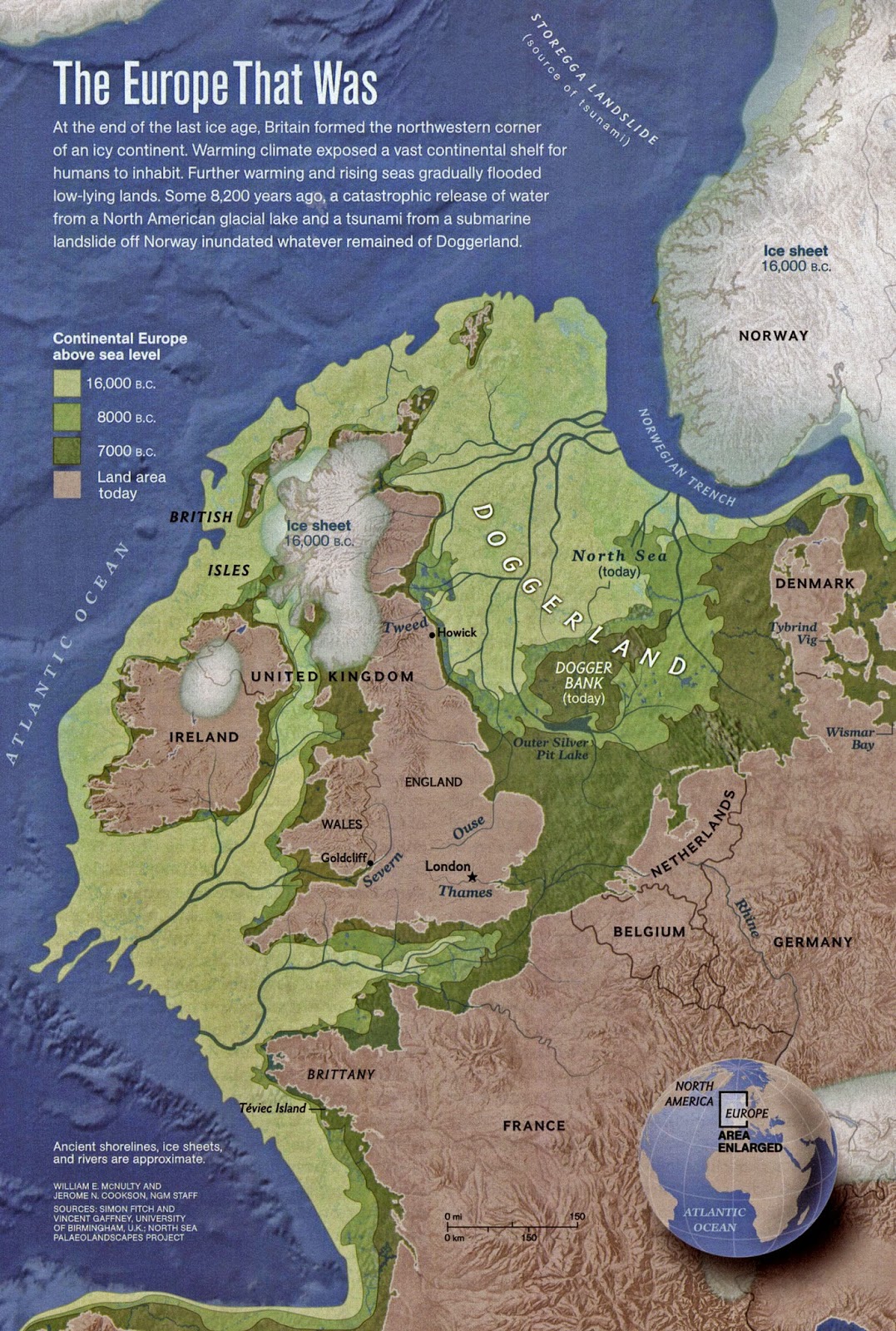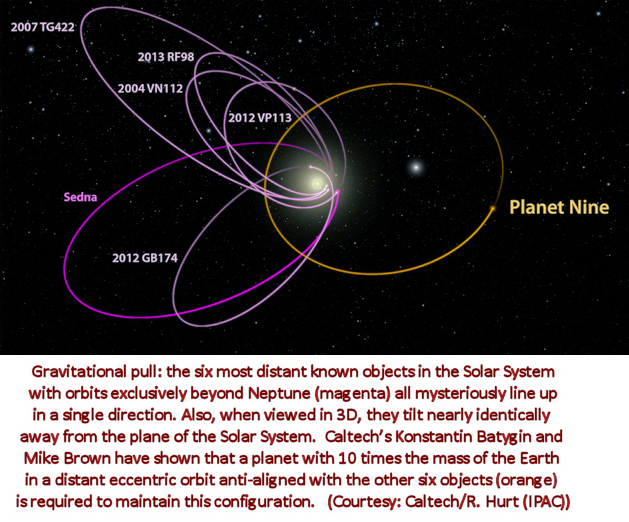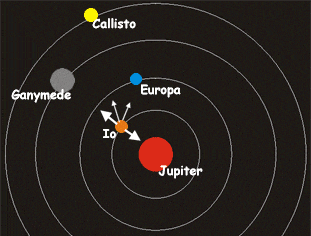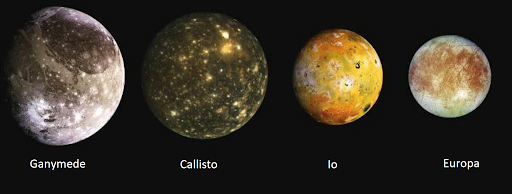Our last meeting was in March and it is clear that nothing is going to happen before our regular “summer break”. Hopefully come September/October the situation will be clearer and we will have an indication of the AAS restart date.
In the meantime I thought I’d share 3 items I’ve read in the last couple of weeks (just in case anyone is interested!). Further details on the topics and the sources I have read are on the “General Items” page.
 Nottingham University have carried out some calculations and have concluded/suggested that there may be over 30 civilisations in the Milky Way. This looks a bit like an update of the Drake Equation to me (chances for intelligent life in the galaxy). If they are there then why haven’t we heard from them? The researchers have determined that the average distance to these civilisations is 17,000 light years. Of course it is only 125 years since we invented radio and it wasn’t until 1932 that Karl Jansky built the first radio astronomy dish. 17,000 years ago the British Isles didn’t exist, see map at LINK, and there were probably no inhabitants here either as it was towards the end of the last glacial maximum. So, aliens needed to have been transmitting thousands of years before we built Stonehenge and would therefore be much more advanced than we are now, assuming they have survived.
Nottingham University have carried out some calculations and have concluded/suggested that there may be over 30 civilisations in the Milky Way. This looks a bit like an update of the Drake Equation to me (chances for intelligent life in the galaxy). If they are there then why haven’t we heard from them? The researchers have determined that the average distance to these civilisations is 17,000 light years. Of course it is only 125 years since we invented radio and it wasn’t until 1932 that Karl Jansky built the first radio astronomy dish. 17,000 years ago the British Isles didn’t exist, see map at LINK, and there were probably no inhabitants here either as it was towards the end of the last glacial maximum. So, aliens needed to have been transmitting thousands of years before we built Stonehenge and would therefore be much more advanced than we are now, assuming they have survived.- Another study, by the University of British Columbia, has estimated that there could be 6 billion earth like planets in the Milky Way, using data from NASA’s Kepler mission. So, plenty of opportunities for those 30 civilisations?
To be considered Earth-like, a planet must be rocky, roughly Earth-sized and orbiting Sun like (G-type) stars. It also has to orbit in the habitable zones of its star — the range of distances from a star in which a rocky planet could host liquid water, and potentially life, on its surface. The 6 billion number comes from an estimate that 7% of the ~400 billion stars in the galaxy are G-type stars with 0.18 earth like planets per star. -

Sagittarius & Milky Way Galaxies Looking back a bit further astrophysicists at the Instituto de Astrofísica de Canarias (IAC) in Tenerife have been considering what may have triggered the formation of our sun, and ultimately the Earth.
Using an analysis of the ESA Gaia data they have concluded that a collision between the Milky Way and the Sagittarius Galaxy created the conditions for a burst of star formation. The Sagittarius Galaxy is much smaller than the Milky Way and is in a polar orbit which has passed through the our galaxy a number of times in the past. After an early period of star formation the MW settled down, having reached a balanced state. Then, to quote from the SD article “This cosmic “fender bender”- which occurred as Sagittarius’ orbit plunged it through the plane of our galaxy – helped to concentrate cosmic dust in and usher in a period of heightened star formation”. These periods of increased star formation occurred roughly 5.7, 1.9 and 1 billion years ago. Our sun is thought to have formed some 4.5 to 5 billion years ago.






